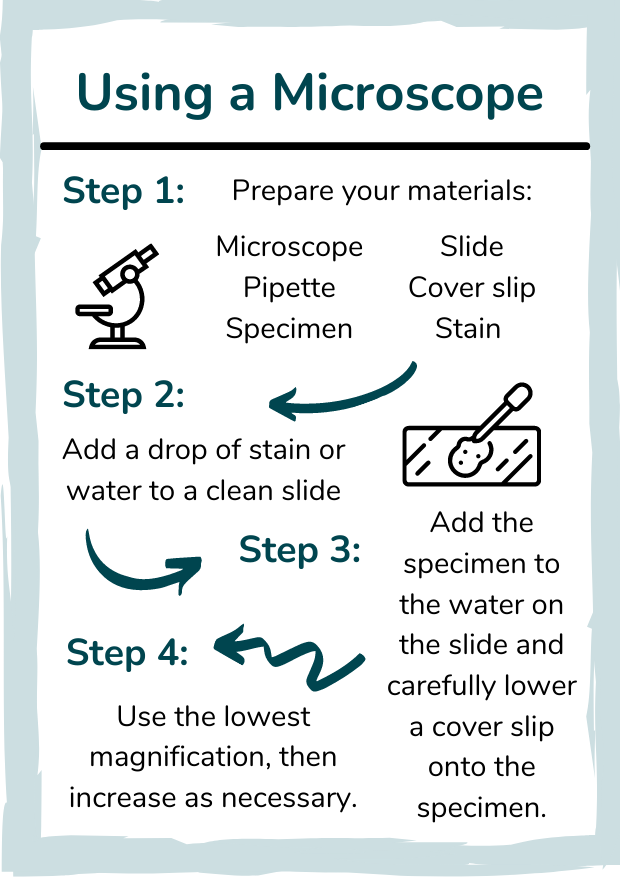Do you know the difference between light and electron microscopes?
Microscopy Quiz
Good Luck!
What is the History of Microscopy?
For thousands of years, we knew only a fraction of the complexity of life. We did not understand anything smaller than our own eyes could see. We didn’t know what caused disease and illness, we didn’t know what made up our bodies and most unsettling of all, we didn’t know how much we didn’t even know.
Gradually, contributions from many natural philosophers and inventors built up over time to allow us to see the very small. First came glass, followed by lenses which were initially quite useless! Over time they improved and new ideas from revolutionary thinkers such as Robert Hooke changed the game.
Even the famous Issac Newton made contributions to the physics of understanding how microscopes were to work. Microscopes ultimately became the primary tools for studying the minuscule, from geology to biology.

What can Microscopes do?
In the modern-day, we have access to incredible microscopes and these tools have led to the fascinating fields of microbiology and also made enormous contributions to practical fields such as materials science and engineering. Light microscopes have reached their peak magnification and our newest tool, the electron microscope has opened the next door into the microscopic world.
By using the much smaller wavelengths of electrons in order to illuminate our samples we are able to achieve a vastly higher resolution and magnification, which is required to accurately examine subcellular structures. We have learned that everywhere we look there are new species of bacteria and viruses as well as exotic forms of life such as bacteriophages and the famously resilient tardigrades. There is truly another world out there right under our very eyes.
Did you enjoy the microscopy quiz? Learn more about cells in the quiz on specialisation. If you want to check your knowledge of biology why not check out our GCSE Biology Quiz covering all of GCSE Biology?
